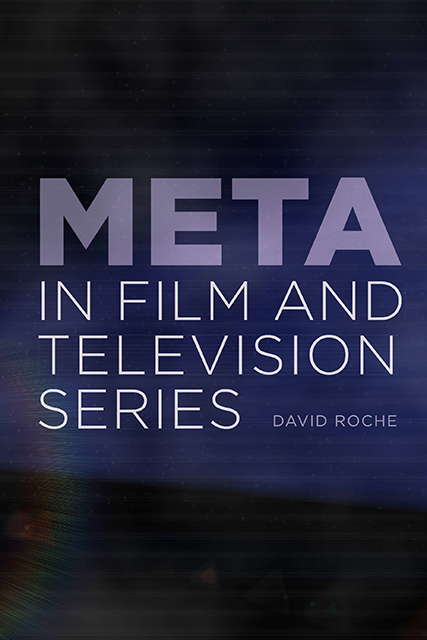Conclusion
Published online by Cambridge University Press: 26 October 2023
Summary
Meta is intense reflexivity; it is a matter of quality; it is an interpretation. Meta is also very messy, and it is this intuition that the reduction of meta-phenomena to just plain “meta” in the popular usage expresses.
Meta is not about the reflexive devices but it certainly mobilizes them. The analyses in this book have demonstrated that many of the devices commonly associated with meta (mise en abyme, metalepsis, direct address and, to a lesser extent, allohistory) are only potentially meta or, rather, have meta potential, that is, can be mobilized in an interpretation that qualifies as meta; parody alone is essentially meta because it supposes a target and is thus interpreted as a critique. While typological approaches have tended to separate the variety of meta-phenomena, with entire books devoted to the movie about making movies, the mise en abyme and metalepsis in particular, the analyses of Part II prove that they are regularly associated and can sometimes even morph into one another. Mises en abyme are standard fare in movies (or series) about making movies (or series) (Contempt, Cult); the repeated use of a mise en abyme or a motif can produce an allegory of cinema (Rear Window) or seriality (LOST, Westworld); and the sibling devices that are the mise en abyme and the metalepsis can be combined (WandaVision) or mutate into the other (S1E3 of The Prisoner). If such phenomena would tend to justify the conflation of such terms in the popular usage of “meta,” the analyses have also proven that analysis and interpretation beg us to consider and untangle such phenomena together—the mutation of a mise en abyme into a metalepsis, for instance, is also the precise moment when ontological boundaries between fiction and reality collapse within the diegesis. Analyzing meta-phenomena thus requires the use of specific terms such as the movie about making movies and mise en abyme, metalepsis and metanarrative, to make sense of them. From the perspective of film analysis, then, the entanglement of such devices may offset the typological approach since they are meant to be analyzed together, but it nonetheless justifies the definition of such terms as a critical framework.
- Type
- Chapter
- Information
- Meta in Film and Television Series , pp. 281 - 290Publisher: Edinburgh University PressPrint publication year: 2022



